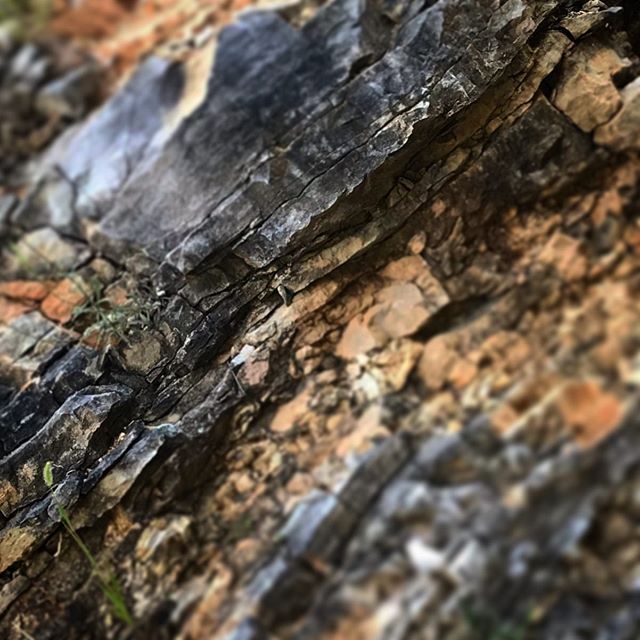So, how can I expect to rest in solitude, his strained voice assaulting my ears, and maintain some air of reason? Lying on the floor between my most feeble attempts at self-improvement, staring uncomprehendingly at your sketch. His voice: one of a multitude of new-things you bring to my life. He reminds me of you. I stretch my back, my arms, my neck, my heart. The hands read seven o’clock. This is our place. You are not in it.
I flee, of course. It is all I can do, or at least all I can think to do. Flee to a spot where I might be kept company in my solitude; avoid the anguish of isolation without all the inconvenience of actual interaction with other human beings. A quiet place where sideways glances substitute for companionship, and a seat on a worn mail-order corporate sofa provides the illusion of comfort, rather than government-subsidized institutionalism. Tranquil, yet not unbearably so, this space will suffice.
A nameless boy scuffs past and hovers nearby. He wears proudly his collegiate attempt at the philosopher-beard, his means of demonstrating the profundity of his character and intellect without all the inconvenience of actual interaction with other human beings. Unhappily, its irregular and juvenile qualities belie all he hopes to suggest. A friend appears, and the banter between them—though briefly overheard—confirms first impressions. Snide comment here. Awkwardly placed sarcasm there. Thoughts which—within this brood—pass for humor believed rich in intellectualism, slip crudely past their lips, hang thickly in the air, then drop flatly.
Struck by disparity, I circle to you still again, and linger there, blissfully. We find little call for the snide, and exploit irony to a superior end. The awkward abandoned long ago in favor of true comfort, draped powerfully around us—enveloped in a relaxed clarity as we stand, we sit, we lie. Effortless interactions. Two years of conversations sift through my mind: a litany of the humorous, absurd, and humorously-absurd. Shared beliefs and scattered affections. A chronicle of two souls made one in a tapestry of thought and sensation, so interwoven as to make imperceptible where one may commence and the other cease. Serious and tender, ridiculous but insightful. Persistently real, yet somehow ideal. My tutor, apprentice. My perfect partner.
A strained voice from above, assaulting my ears, wrenches me to this present reality. The hands propose I must return home. Icy warmth twists my intestines in throbbing contortions; they seem black and dying within an otherwise living frame. I stare uncomprehendingly as the nameless boy and his philosopher-beard shuffle toward the wintry darkness. My soul slips silently past my heart, hangs thickly in the air, then drops flatly. I do not want to go back there. It is our place. You are not in it.
© david j. downs






















